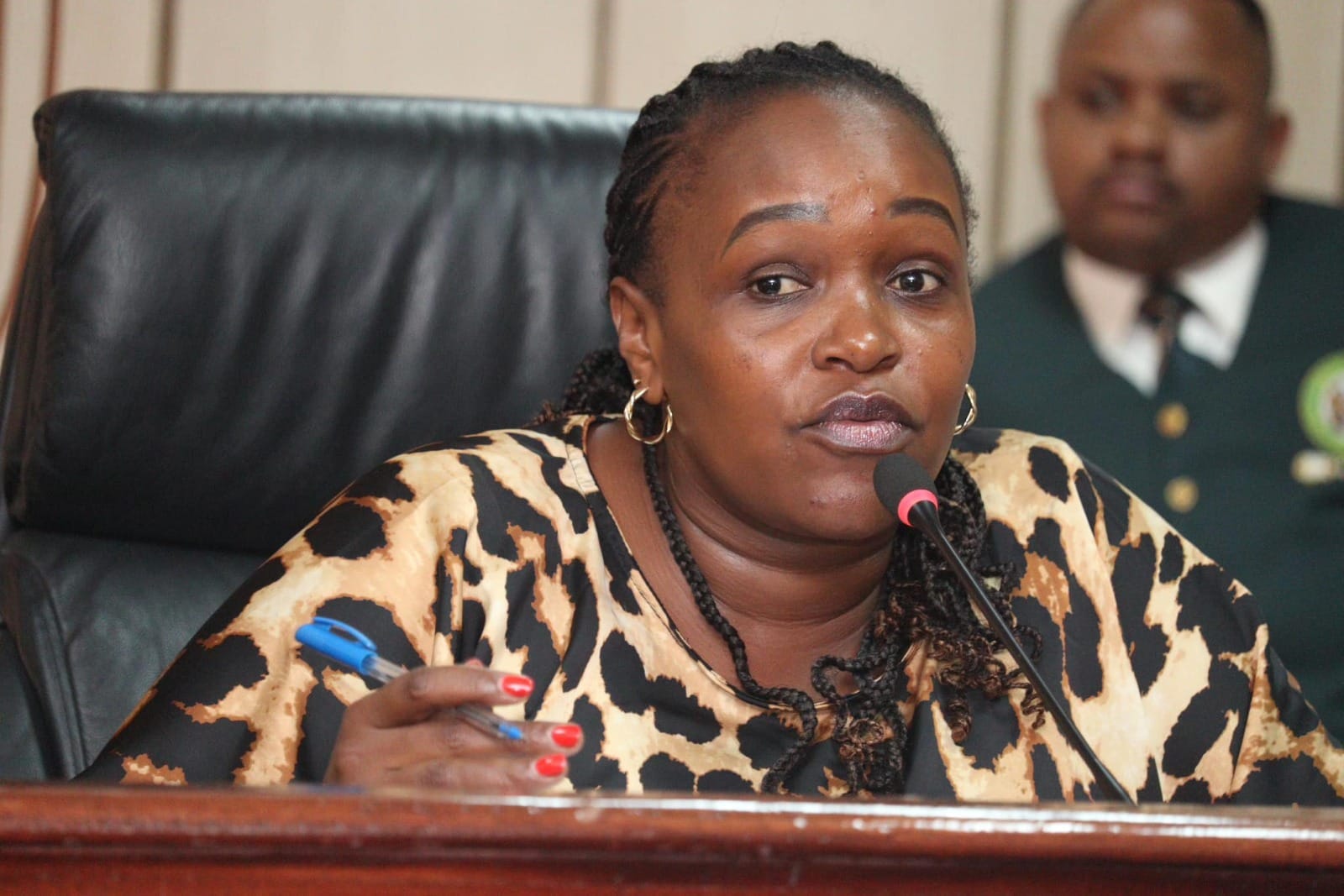New Bill proposes establishment of birth, death registration offices in every constituency

Currently, there are only 143 registration offices in the country, a number that is far too limited given the growing population and the need for such documents in accessing vital services such as education, healthcare, and employment.
Kenya's push for easier access to birth and death registration services has gained momentum, with the introduction of a new amendment bill aimed at establishing at least one registration office in every constituency across the country.
The Births and Deaths Registration (Amendment) Bill, 2024, which is currently under review by Parliament, is set to address the challenges faced by many Kenyans, particularly in rural and marginalised areas, in obtaining essential birth certificates and death records.
More To Read
- 26 arrested in crackdown on criminal network illegally issuing government documents
- Government scraps birth certificate authentication fees for IDs, passports
- Birth certificate issuance drops as booklet shortage bites
- How to apply for your child’s passport as demand rises in Kenya
- Treasury boosts Immigration Department’s budget to tackle delays in issuance of crucial documents
- MPs reject proposed hiked fees for birth, death certificates and ID cards
The Bill, proposed by Gilgil MP Martha Wangari, has already received approval from the National Assembly's Committee on Administration and Internal Security, setting the stage for its progression to the Second Reading stage.
Once enacted, the legislation will amend the Births and Deaths Registration Act (Cap 149), requiring the Cabinet Secretary to ensure that a registration office is established in each of Kenya's 290 constituencies.
Currently, there are only 143 registration offices in the country, a number that is far too limited given the growing population and the need for such documents in accessing vital services such as education, healthcare, and employment.
Ease process
Wangari, who appeared before the parliamentary committee led by Homa Bay Town MP Peter Kaluma on Tuesday, noted that expanding the number of registration offices would significantly ease the process for citizens in obtaining their birth and death certificates.
The proposed Bill includes a further amendment to section 5 of the Act, which would empower the Cabinet Secretary to designate one registration area within each constituency.
This move is intended to simplify the application process, reduce long waiting times, and ensure that all Kenyans, regardless of their location, have easy access to birth and death registration services.
"The amendment is also expected to improve the accuracy and completeness of birth and death records, which are crucial for planning and development," said Wangari.
"By having more registration offices, it will be easier to collect data on births and deaths, which can be used to inform policies and allocate resources more effectively."
Support for the Bill has also come from the Law Society of Kenya (LSK), which highlighted the constitutional requirement under Article 6(3) for national and state organs to ensure that citizens have reasonable access to government services, regardless of their geographical location.
With the approval from the parliamentary committee, the Bill now heads to the Second Reading stage, where it is expected to receive further debate and consideration.
If passed, the legislation will pave the way for the establishment of at least 290 birth and death registration offices, helping to bridge the access gap and improve the quality of service delivery across the nation.
Top Stories Today












































